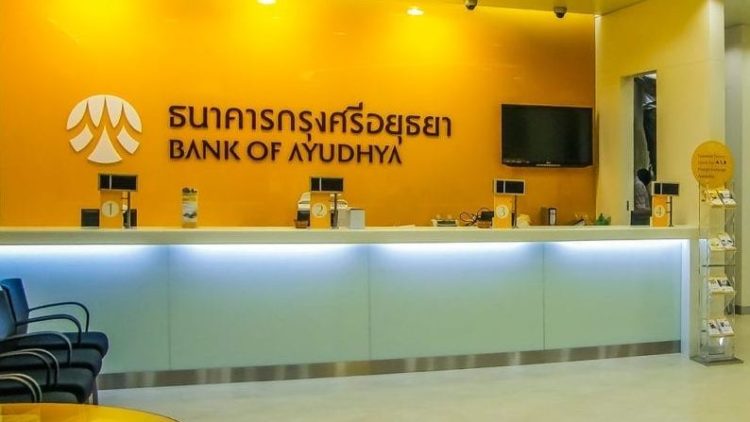Thailand’s Krungsri (Bank of Ayudhya PCL), a Mitsubishi UFJ Financial Group subsidiary, has implemented a new FX system, replacing existing solutions. The move is part of what it refers to as its integration and rationalization plan, meant to simplify its Global Markets Group’s IT infrastructure.
It was crucial to convert and consolidate complex systems with multiple interfaces among Krungsri and MUFG to one single integrated front, back, and risk platform.
The simplification started with FX cash, money market and fixed income operations to manage higher trading volumes and rapidly scale to address expansion plans.
Using Murex’s MX.3, Krungsri created an ecosystem where trading products can be connected to its digital channels.
Krungsri is now seamlessly managing higher trading volumes and rapidly scaling to meet ambitious expansion plans. All investment operations activities are now faster—and less prone to human error.
Along with speed and automation enhancements, the adoption of MX.3 will improve Krungsri regulatory and reporting transparency, facilitating the imminent benchmark transition from LIBOR to THOR and fallback THBFIX rapidly.
According to Krungsri head of Global Markets Group Tak Bunnag, Murex was chosen for its expertise in complex data migration and re-platforming. “We could still manage higher volumes with fifty percent of the workforce during the COVID-19 crisis thanks to MX.3. Confirmations were flawless. And we were able to cut our EOD time by a factor of ten,” he added.
MX.3 enabled the automation of the trade insertion, sales margin sell-down and cash rollover processes. In addition, front-office users can easily manage the entire trade lifecycle with MX.3’s wide range of events.
The shift was particularly useful as coronavirus impacted work, bank representatives said. With its team under COVID-19 work-from-home constraints and facing high fixed income and FX trading volumes during a demanding period of unprecedented volatility, the transition to Murex’s platform helped enormously.




